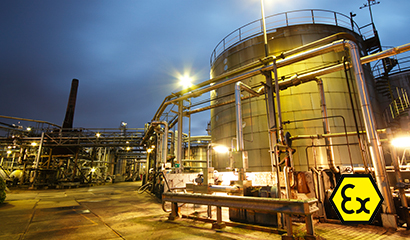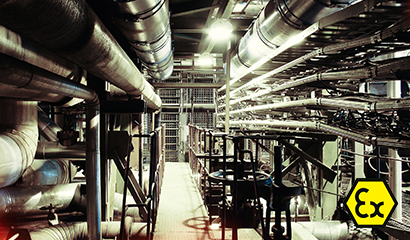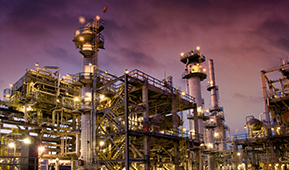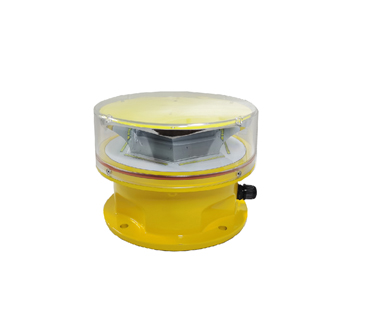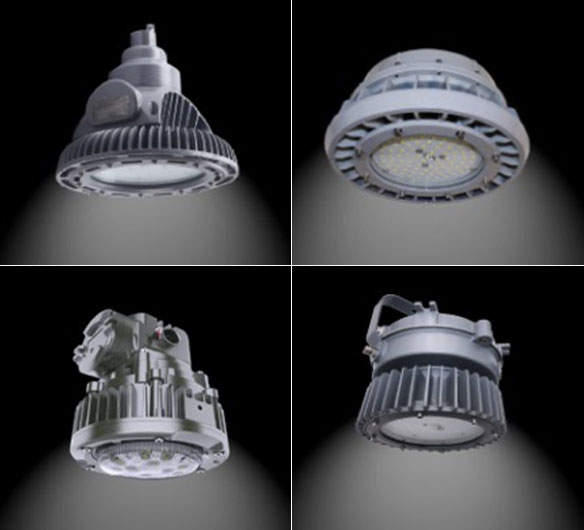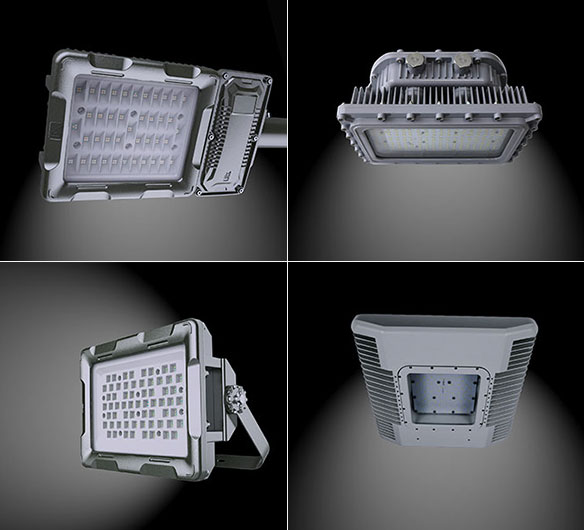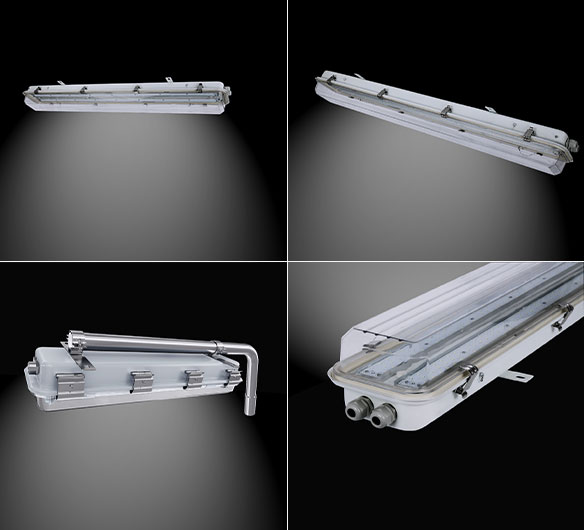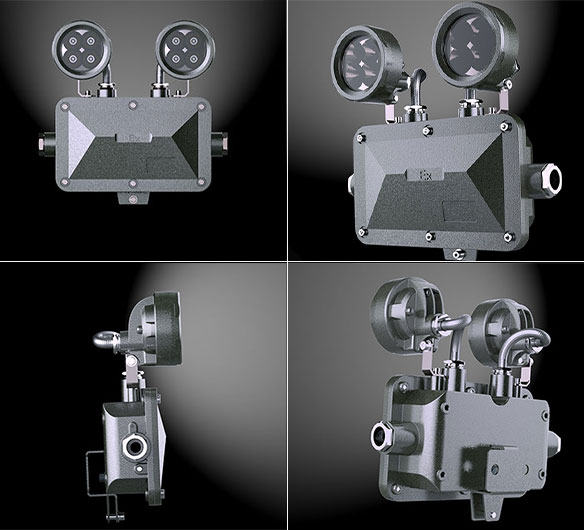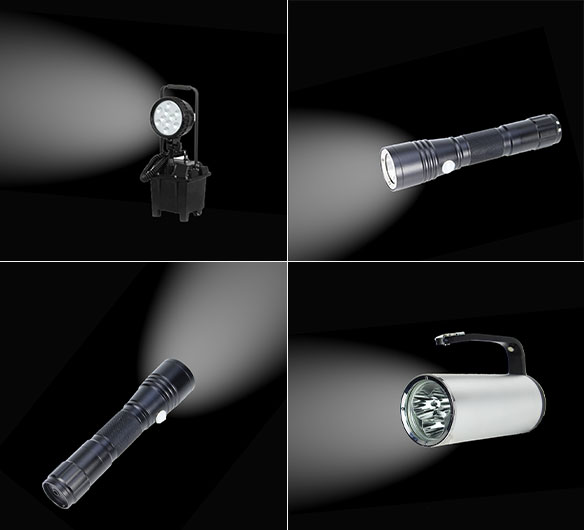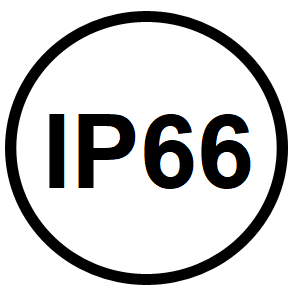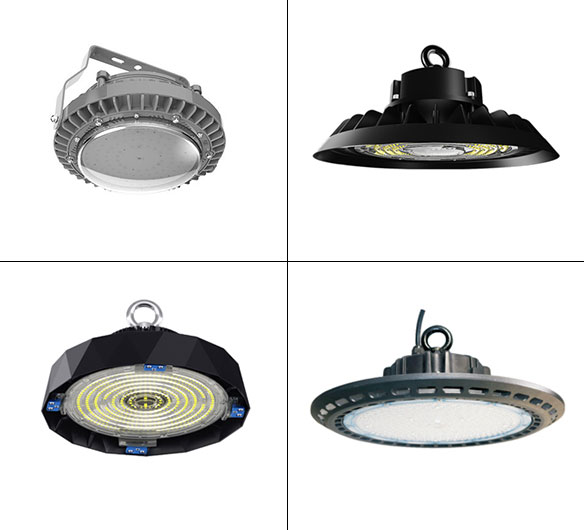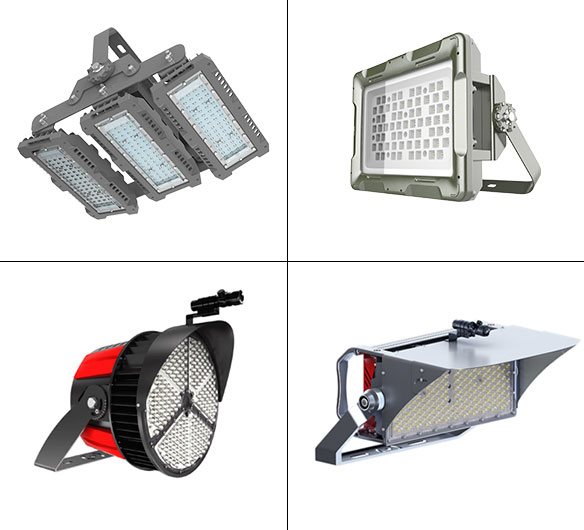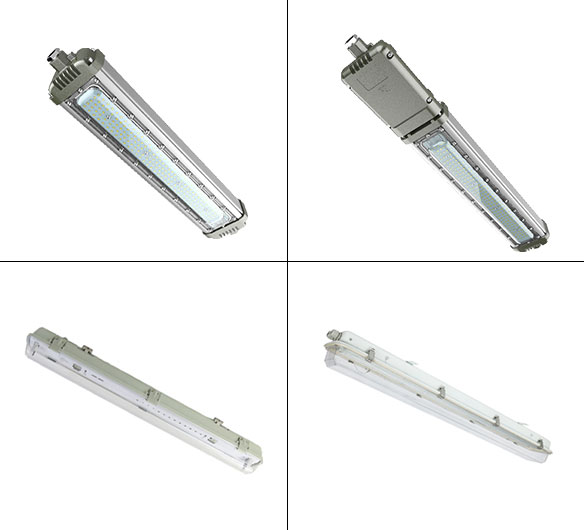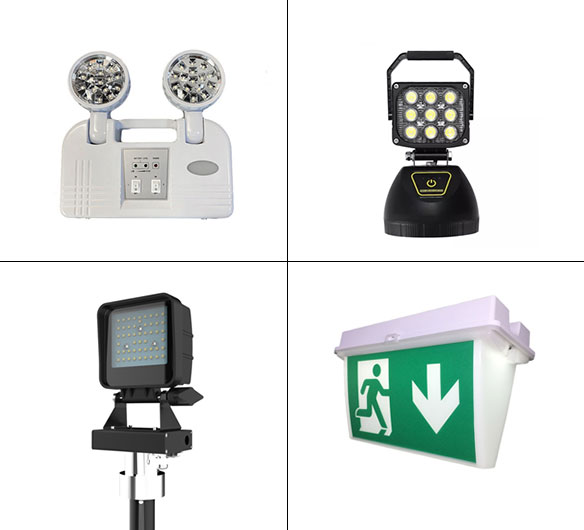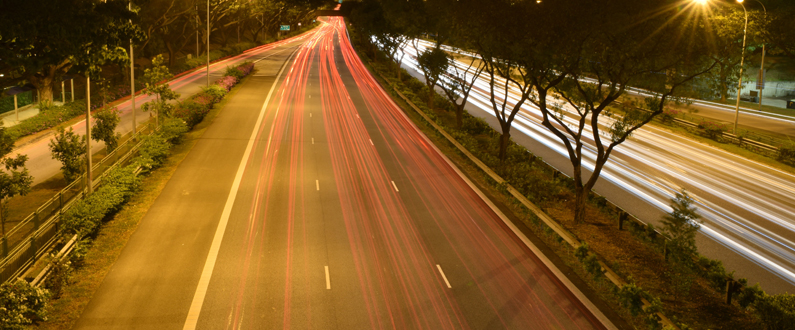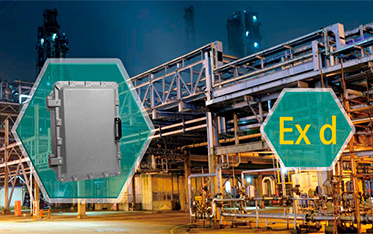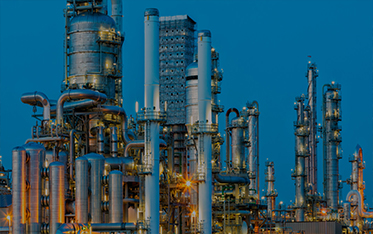
-
Product
Lighting By ApplicationLighting By FeaturesExplosion Proof BoxExplosion Proof Fittings
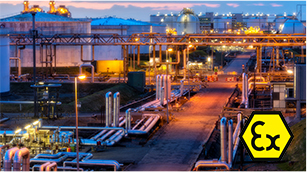
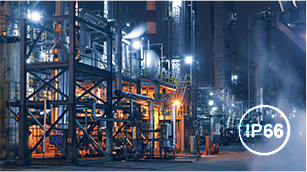
-
Explosion Proof
EXPLOSION PROOF NEC Standard
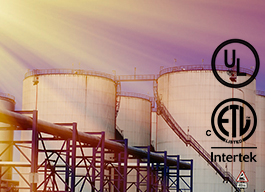 ATEX/IECEx Standard
ATEX/IECEx Standard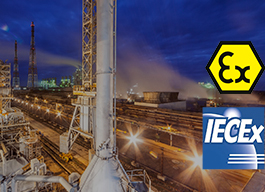
-
Markets
ApplicationProjectsOil and Gas Chemical & Pharmaceutical Marine & Ports Mining & Metal Food and Beverage Aviation Industrial & Manufacturing Warehouse Street and Tunnel Others View More +
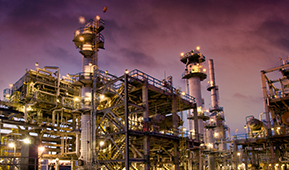 Each member of the SUREALL team works hard to save energy, reduce budget, maximize durability, bring success to every project for every customer. Here are just a few examples of how we've impacted the markets we're proud to serve.View More +
Each member of the SUREALL team works hard to save energy, reduce budget, maximize durability, bring success to every project for every customer. Here are just a few examples of how we've impacted the markets we're proud to serve.View More +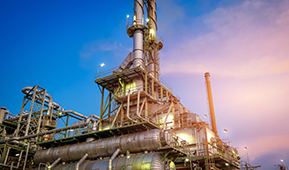
- Supports
-
Company
About usNewsWelcome to our media center! Here you can find the latest press releases, such as company events, new arrivals of products, whitepaper, industry summit, technical seminars, magazine articles, stories and opinion pieces.View More +
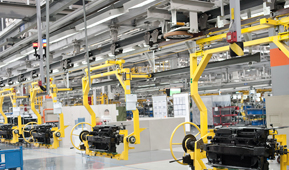
- Contact
×

 English
English  Español
Español  português
português  русский
русский  日本語
日本語  العربية
العربية  français
français  Deutsch
Deutsch  한국어
한국어  italiano
italiano  Malay
Malay 